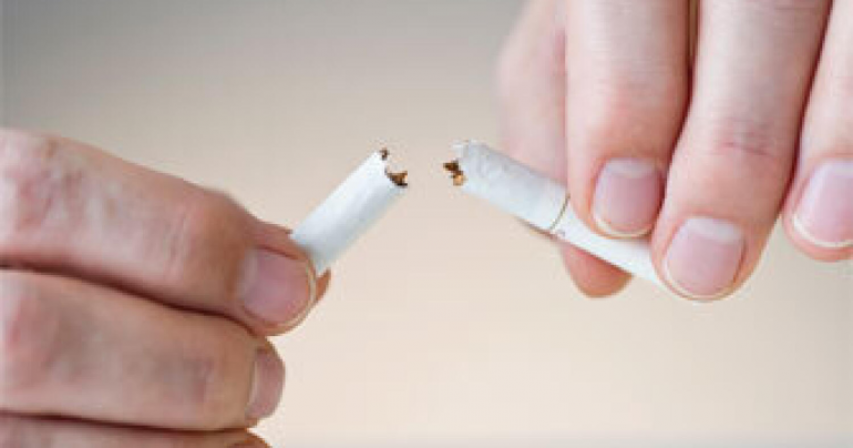7-yr-old gets nonstop cough due to parents’ shisha; doctors warn of smoking risks

Tarek, a 7-year-old Egyptian child, was brought to the pediatric clinic with symptoms including a sore throat, recurrent colds, continuous coughing, wheezing, and eye discomfort, especially worsening at night. After thorough examination and spirometry tests at Thumbay University Hospital, it was determined that Tarek’s condition was exacerbated by exposure to second-hand smoke from his parents' frequent shisha smoking indoors, particularly in the living room where Tarek spent most of his time.
Diagnosed with reduced lung function consistent with reactive airway disease and asthma, Tarek was prescribed a short course of inhalation corticosteroids and a bronchodilator for acute asthma attacks. Doctors advised his parents to cease smoking indoors, improve ventilation by keeping windows open, and use air purifiers to enhance indoor air quality. A month later, Tarek’s respiratory symptoms and lung function had significantly improved.
Second-hand smoke (SHS) poses serious health risks to non-smokers, containing over 4,000 toxic chemicals. Despite public awareness campaigns, passive smoking remains a pressing public health issue. Studies show increased risks of coronary artery disease, lung cancer, asthma, and respiratory diseases in children exposed to SHS.
Dr. Mohamed Saifeldin Abdelrahaman Mohamed, a specialist pulmonologist at Thumbay University Hospital, emphasized that SHS exposure leads to a higher risk of cardiovascular illnesses, such as heart attacks and strokes, due to fat deposits in blood vessels and artery stiffening. SHS is also linked to chronic lung conditions like asthma, chronic bronchitis, and emphysema, and may contribute to other cancers including breast cancer, lymphoma, and leukemia. Furthermore, SHS can affect mental and emotional well-being, with some studies indicating a link to depression.
Dr. Muhammed Aslam, a specialist pulmonologist at International Modern Hospital Dubai, pointed out that children exposed to SHS are more susceptible to respiratory infections, ear infections, and asthma triggers, which can affect their lung development. In adults, SHS exposure increases the risk of heart disease, stroke, and lung cancer, while exacerbating respiratory issues such as chronic obstructive pulmonary disease (COPD). The elderly face higher risks of cardiovascular diseases and respiratory problems due to weaker immune systems. Pregnant women exposed to SHS have a higher risk of premature birth, low birth weight, and developmental issues in their babies, according to Dr. Hassan Razein, a specialist pulmonologist at Zulekha Hospital Dubai.
Early signs of SHS exposure include eye irritation, respiratory issues, and headaches, with redness, itching, and watering of the eyes, coughing, sore throat, and shortness of breath being common symptoms. Long-term effects can severely impact cardiovascular health, leading to changes in blood clotting, increased plaque buildup in arteries, hypertension, chronic high blood pressure, heart attacks, and strokes.
Doctors recommend staying away from areas where smoking is common, such as smoke-free restaurants, bars, and hotels, and advocating for smoke-free policies in workplaces and public spaces. Maintaining a smoke-free home environment is essential. Parents should ensure their children are not exposed to smoking at home or in the homes of friends or family members. Educating children about the dangers of SHS can also empower them to avoid it.
While air purifiers can help lessen indoor pollution, they cannot replace a smoke-free environment. Ensuring adequate ventilation can be beneficial but will not completely eliminate the hazards associated with SHS. The best approach is to maintain a completely smoke-free atmosphere to protect the health and well-being of non-smokers, especially vulnerable children like Tarek.
By: Sahiba Suri





Comments